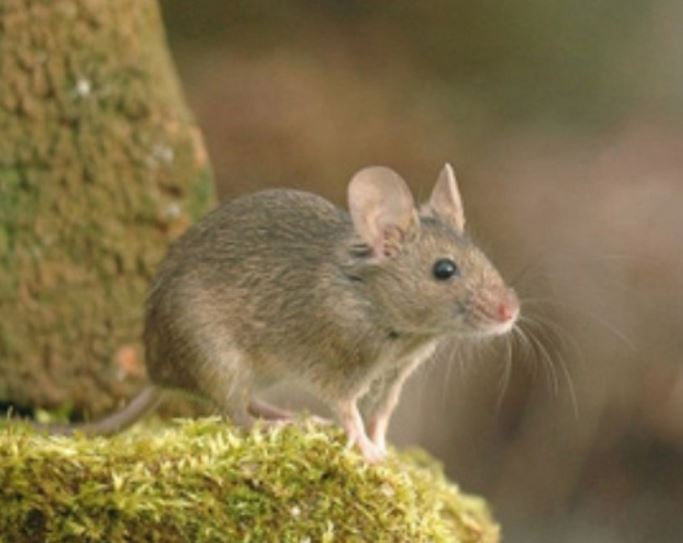What would you do if you discovered that the problem of scratching noises at night had turned into a bigger problem of the supporting beams in your house having been nibbled through by mice ? Or to your horror your electrics had been scratched through? Or if your carpets and walls have been stained by animal excrement? Would you consider getting in contact with your insurers?
According to the National Association of Insurance Commissioners (NAIC), 1/3 of people would expect that they would contact their insurers and go on to make a claim. However, unless you are Prince Phillip who had recently inquired at his latest visit to Lloyd’s of London if his possessions where covered by mice damage and was told that for him “everything is covered” by Paul Lawrence, chief underwriting officer with the global specialist insurance group Hiscox, insurers do not protect against damage caused by pests.
But why can insurers not cover against pests and their damage? 7% of fires are caused by rats each year but insurers do not cover against vermin damage (Dyson, 2007). Pests are a severe nuisance globally, causing a great extent of damage from ruining furniture to biting through wires to causing whole houses to collapse. Insurers could not cover the cost of these pests’ damage unless they put up premiums even higher than what they already are. Also, insurers are there to cover the sudden and accidental and pests and their damage are not considered to be either. Often you will be aware of some pest problem is going on for a while before the problem becomes extensive.
So if insurance companies do not cover against pests and the destruction they can cause what is to be done to protect your home or your business? The best way in which you can insure yourself against vermin, insects and other pets is to be proactive and pest-proof your home. This may seem like a bit of effort to do but surely it is better than being landed with a much greater expense later down the line?
Here are some top tips towards pest prevention:
- · Seal up cracks as pests can get through surprisingly small spaces – entrance areas, foundations, windows, doors and outlets are all places to look for cracks first
- · Keep doors and windows closed when possible to prevent pests from coming in
- · Ensure that all opened food (including pet food) is sealed and put up high
- · Dispose of food regularly and in a clean manner
- · Keep food mess to a minimum, regularly clean, pests can survive off the smallest of crumbs
- · Do not allow water build up anywhere as pests can thrive in damp conditions
- · Keep plants trimmed away from your home or business to not allow any pests to climb into the building
- · Do not provide a regular food supply for local wildlife otherwise they will overpopulate your garden
- · Know your local pest control company so you can quickly get in contact for if you do spot a pest
- · You can always ask your London local London pest control company to provide a long term contractual plan for pest prevention and management to keep your home or business extra pest free



